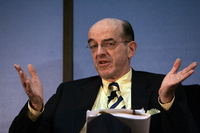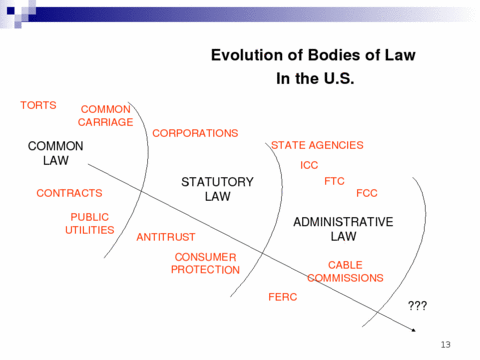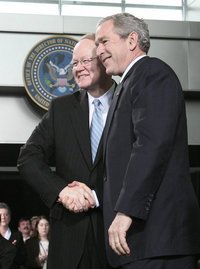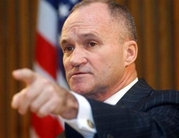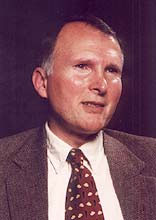 Verizon is suing the FCC about the watered down rules the FCC passed
recently.
Now Google has filed a complaint with the FCC about that.
And apparently Verizon has been having private meetings
with FCC Chairman Kevin Martin.
Could this be one source of the
illegal leaks the GAO finds the FCC providing to lobbyists?
Verizon is suing the FCC about the watered down rules the FCC passed
recently.
Now Google has filed a complaint with the FCC about that.
And apparently Verizon has been having private meetings
with FCC Chairman Kevin Martin.
Could this be one source of the
illegal leaks the GAO finds the FCC providing to lobbyists?
While Verizon’s court case proceeds through the legal system, the company’s competitors have grown unhappy with the way that Verizon has handled its FCC lobbying. Frontline Wireless has gone so far as to ask the FCC to bar Verizon from the auction because Verizon has allegedly not disclosed some of its lobbying contacts with the agency quickly enough or in enough detail.Silly Google! Verizon is part of the incumbent duopoly, and you’re not!Despite Verizon’s reticence to spell out exactly what it has been talking about with FCC Chairman Kevin Martin in private meetings, Google believes that it has pieced the conversation together. Google’s understanding is that Verizon wants the FCC to impose the open access requirements only on the network, not on the devices. That is, Verizon could still sell handsets that are locked and controlled by the company, but its network would have to be open to unlocked handsets from any operator.
According to Google’s new public statement on the issue, “From our perspective, this view ignores the realities of the U.S. wireless market, where some 95 percent of handsets are sold in retail stores run by the large carriers. More to the point, it is simply contrary to what the FCC’s new rules actually say.” Those rules focus on customer freedom to access content and applications from any device.
In a filing with the FCC, Google asks the agency to stick to its original plan. The company points out that while the open access rules might make the spectrum less attractive to Verizon (and thus might bring in less money at auction), the rules actually make it “more attractive, not less” to Google.
— Google attacks Verizon’s attempt to water down 700MHz “open access” rules, By Nate Anderson, ars technica, October 04, 2007 – 11:11AM CT
-jsq
